Think of North Korean propaganda and you might think of old-fashioned revolutionary marches praising the supreme leader, denouncing the United States, and intercontinental ballistic missiles ready to be launched. The sight of cheering military officials using computers, donning a pair of Sony headphones, may not immediately come to mind. Even more unimaginable, however, is the thought that a North Korean propaganda video would go viral, not least, ironically, on platforms that the North Korean population cannot even access.
Yet, North Korea’s latest propagandistic video, entitled “Friendly Father,” has done just that. Lauding the “bright future” for North Korea under its “trustworthy and loving leader,” Kim Jong-un, the song’s melody offers what, by North Korean standards, is a modern revamp of propagandistic music. It has attracted the attention of millions online, and been particularly popular on the Chinese-owned app, TikTok, with one user even saying that they were “off to North Korea,” having heard the ditty.
North Korea is certainly no stranger to engaging in psychological warfare
Whilst the target audience is primarily domestic, it is not known as to how many of the 26 million-strong population have watched the video or listened to the song. The video seeks to offer a vision of North Korea that is a far cry both from our existing preconceptions of the country, but also from the truth. North Korea in 2024, so the regime would want us to think, comprises smiling retirees, hospital workers and construction workers grateful for the care of their supreme leader. The population head to work listening to music on mobile phones that resemble the iPhone; they lead fulfilled lives. An oppressive, totalitarian state is nowhere to be found. The reality is anything but the case. Yet, the video is not just directed internally. The regime wants to depict North Korea as akin to any other “normal” country.
The portrayal of Kim Jong-un as a “father figure” is, however, nothing new in terms of North Korean propaganda. Even during the reign of his father and grandfather, Kim Jong Il and Kim Il Sung, posters displaying the North Korean leader as a maternal and paternal figurehead overseeing the “family” of the North Korean nation were prominent.
As the North Korean melody diffused across cyberspace, not least into South Korea, the South Korean government banned access to the video across the country on account of “psychological warfare” and the idolization of Kim Jong-un. Whilst unusual, this decision is a legacy of the establishment of the two Koreas in 1948, when South Korea established a national security act that sought to protect the country and its people from malevolent influences, whether propaganda emanating from its communist northern neighbor, or to prosecute North Korean spies operating in the South. The law remains in force today. Amongst other things, it forbids South Korean citizens from reading books published in North Korea and prevents access to North Korean websites in South Korea. We must not forget that the Korean War never ended with a peace treaty and the two Koreas remain technically at war.
This isn’t the first time that the national security act has been invoked in the modern era. In one instance, in 2012, a South Korean photographer received a prison term for re-tweeting North Korean tweets. That same year, another South Korean with pro-North Korean sympathies, Ro Su-hui, was arrested for paying an unauthorized visit to North Korea, to commemorate the recent death of Kim Jong Il.
North Korea is certainly no stranger to engaging in psychological warfare. After its fifth nuclear test in January 2016, the two Koreas engaged in a literal war of words via loudspeakers across the demilitarized zone. From the South’s side came K-pop songs (banned in North Korea), and broadcasts about the realities of the North Korea — contrary to the state narrative — as well as Korean dramas. In return, the South Koreans were treated to condemnations of South Korea and “its” United States, as well as bombastic rhetoric in the wake of North Korea’s claims that it had then-conducted a test of a hydrogen bomb.
Whilst netizens in South Korea can still watch the video by side-stepping internet controls, the South Korean government’s decision to block its access reflects how the geopolitical context of the Korean Peninsula in 2024 has one crucial difference from the past. In January, Kim Jong-un ordered the North Korean constitution to be rewritten. The reunification of the Korean Peninsula — a time-old goal of the North Korean state — was no longer a foreign policy objective. South Korea was declared the ultimate foe, the North threatened the use of nuclear weapons in the event of any war and inter-Korean relations reached a new low.
What is more, however, the very existence of the video underscores just how determined Kim Jong-un is to cement his own legacy as the North Korean leader. It is not just enough for him to put his own stamp on the country by his very presence, as demonstrated by the recent addition of portraits of the leader in public buildings for the first time. For Kim Jong-un wants to be set apart from his father and grandfather. Crucially, he is sending a clear message that contrary to rumors, he won’t be going anywhere any time soon.
This article was originally published on The Spectator’s UK website.



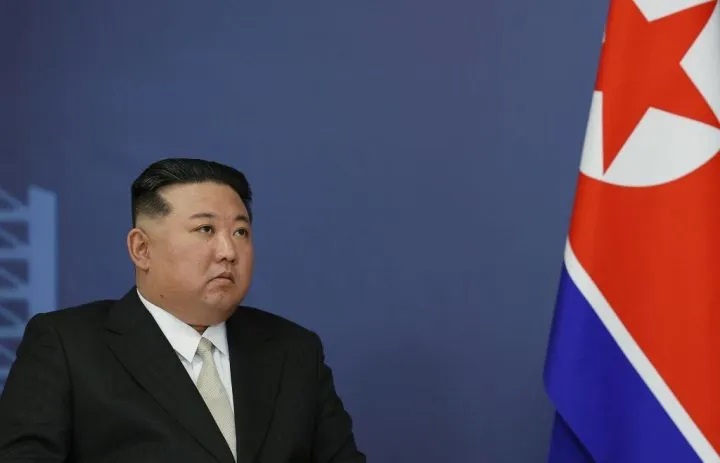







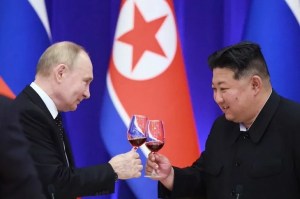

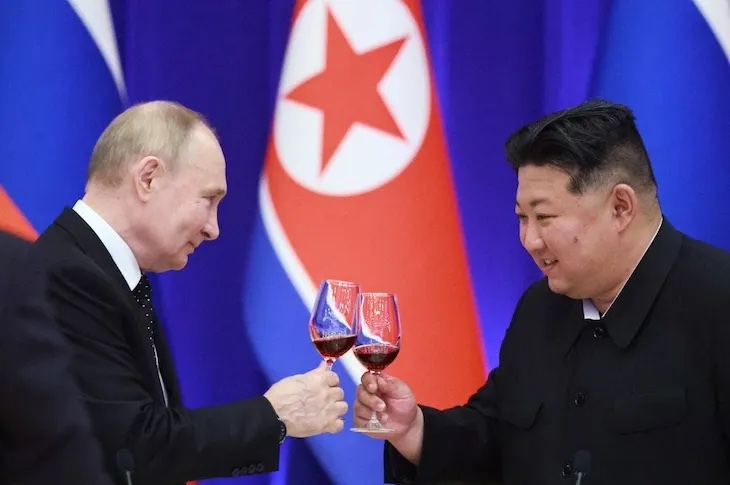
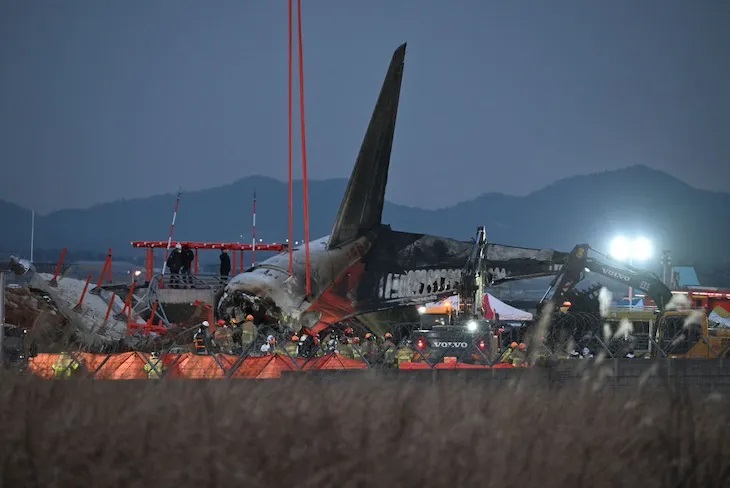
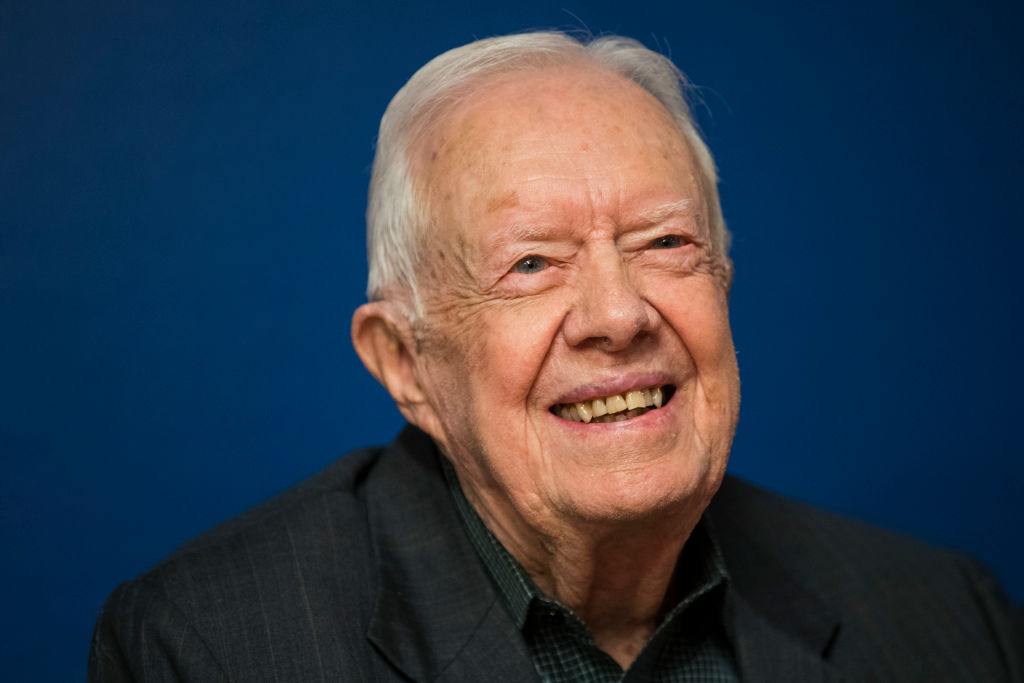
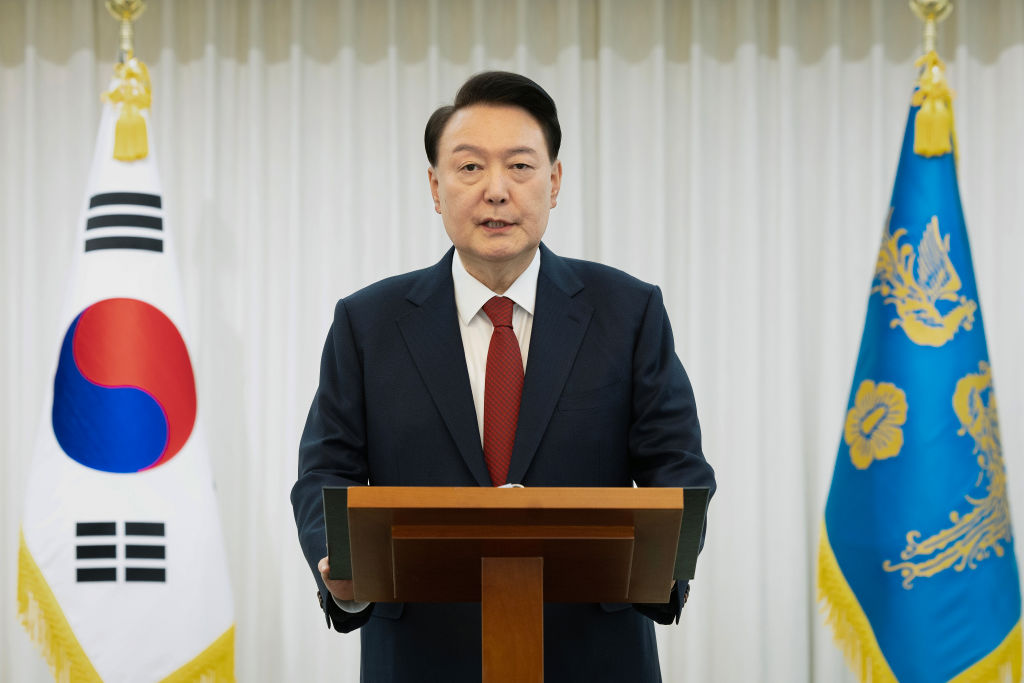
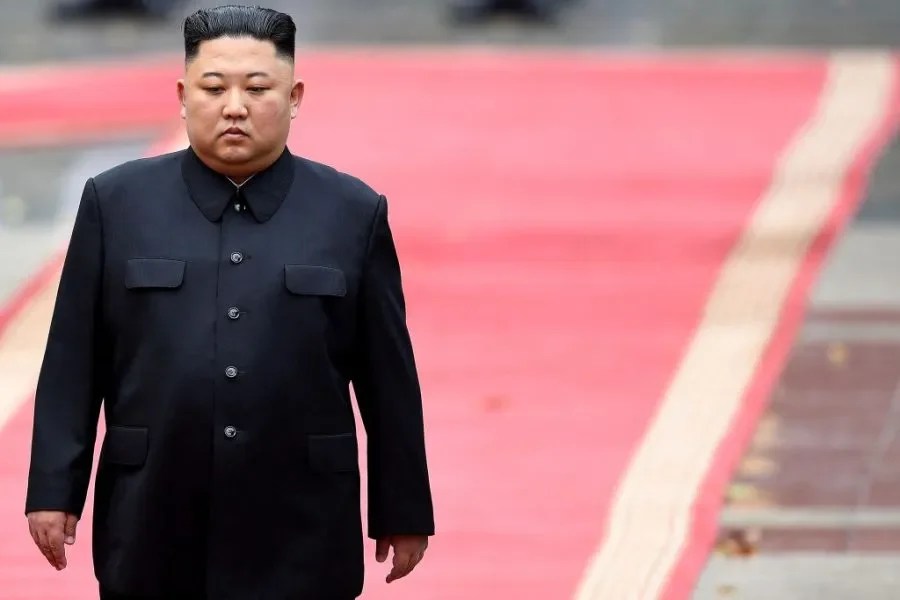








Leave a Reply